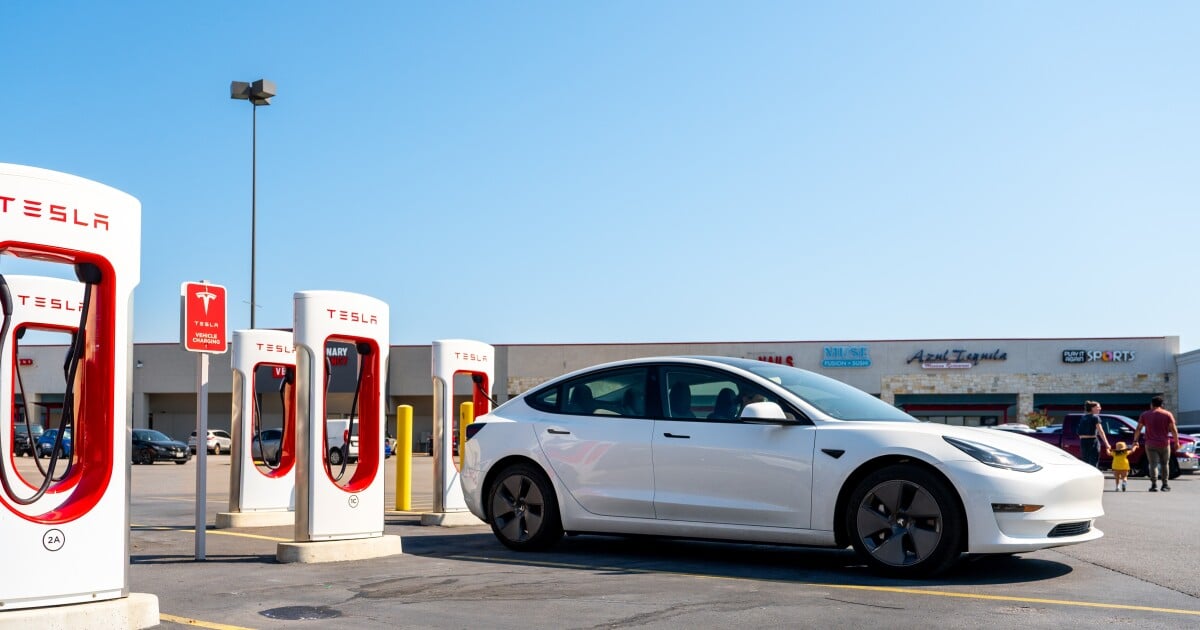Everyone knows that electric vehicles are supposed to be better for the planet than gas cars. That’s the driving reason behind a global effort to transition toward batteries.
But what about the harms caused by mining for battery minerals? And coal-fired power plants for the electricity to charge the cars? And battery waste? Is it really true that EVs are better?
The answer is yes. But Americans are growing less convinced.
The net benefits of EVs have been frequently fact-checked, including by NPR. "No technology is perfect, but the electric vehicles are going to offer a significant benefit as compared to the internal combustion engine vehicles," Jessika Trancik, a professor at the Massachusetts Institute of Technology, told NPR this spring.
It’s important to ask these questions about EVs’ hidden costs, Trancik says. But they have been answered “exhaustively” — her word — and a widerange of organizations have confirmed that EVs still beat gas.



Most US metro areas are just too spread out for mass transit to be a worthwhile solution for most people. The only solution to significantly reducing cars in the US is telecommuting; unfortunately businesses generally don’t like it, so we need to find a way for this to be encouraged by the government with subsidies or something.
Even if you live in an area where busses are, they’re slow and limited routes. Times are often inconvenient to work schedules. 1h 30m by bus, 50m biking, 3h 10m walk. A drive to work takes me 15 mins on average.
If you can drive to work in 15 minutes. Properly funded and prioritized transit can get you there in 10. Hourly bus service is not good transit.
Absofuckinglutely not
Those 15 minutes usually are on low traffic roads, getting you straight from the point you depart to the point you need to go. A bus route on its own would be at least 20 minutes if it has almost no stops. And that is without counting the travelling beyond the bus stops, because it is impossible to have a stop at every single building.
Those buses aren’t going to be driving faster than cars are allowed either.
A tram could go faster and have signal prioirty at intersectuons. Buses are the lowest tier and lowest quality of transit.
Looooool.